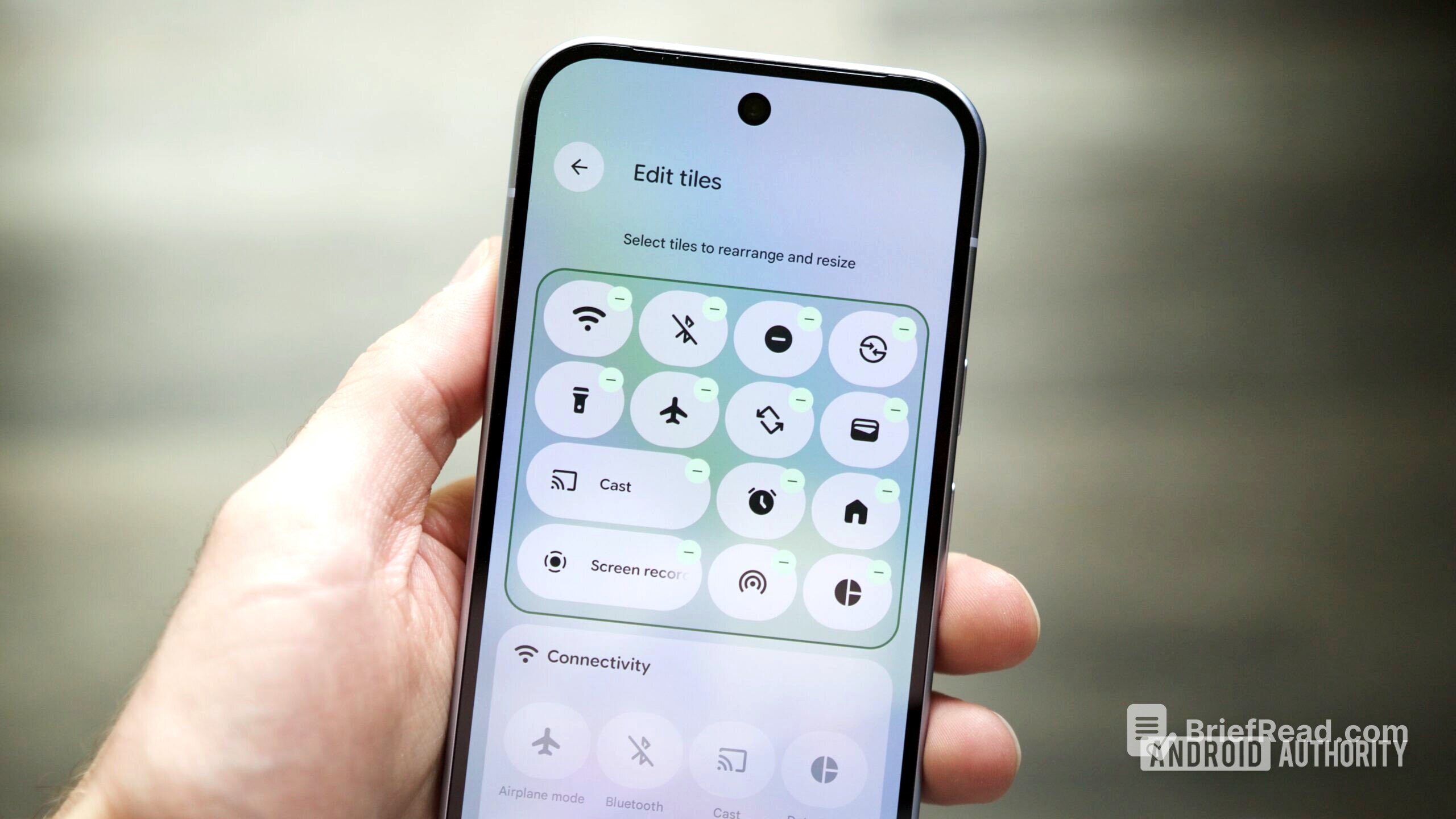TLDR;
This video explains juridical persons and their exclusion from Barangay Justice. It defines juridical persons as entities recognized by law with rights and responsibilities similar to natural persons, capable of entering contracts, filing lawsuits, and owning property. The video provides examples such as corporations, government entities, non-profit organizations, associations, foundations, and religious institutions. It clarifies that Barangay Justice is designed to resolve simple disputes between individuals within local communities, not complex cases involving juridical persons, which require higher legal analysis and are more appropriately handled by higher courts or government agencies.
- Juridical persons are entities recognized by law with rights and responsibilities similar to natural persons.
- Barangay Justice is designed to resolve simple disputes between individuals, not complex cases involving juridical persons.
- Cases involving juridical persons are more appropriately handled by higher courts or government agencies.
Introduction to Juridical Persons [0:00]
The video introduces the topic of juridical persons, emphasizing the importance of understanding their role and how they are treated within the legal system. It highlights that juridical persons, unlike natural persons (human beings), are entities recognized by law as having rights and responsibilities. The discussion aims to clarify that barangays do not have the right to complain on behalf of juridical persons, and any complaints involving them must go through the appropriate justice process.
Examples of Juridical Persons [0:48]
The video provides several examples of juridical persons to illustrate the concept. These include corporations (businesses or companies), government entities (such as Landbank and DPWH), non-profit organizations (like the Philippine Red Cross and Caritas Manila), associations (such as the Philippine Medical Association and the Integrated Bar of the Philippines), foundations (like the ABS-CBN Foundation and SM Foundation), and religious institutions (such as the Catholic Bishops Conference of the Philippines and the Philippine Council of Evangelical Churches). These entities are created by law and have a legal identity separate from their members or founders, as outlined in the New Civil Code of the Philippines, specifically in Book 1, Title 3, Chapter 3, Articles 44 to 47.
Exclusion of Juridical Persons from Barangay Justice [4:41]
The video explains why juridical persons are not covered by Barangay Justice. The primary reason is that Barangay Justice is intended to resolve simple disputes between individuals (natural persons) within their local communities. Cases involving juridical persons, such as corporations, are typically more complex and require thorough legal analysis, often involving contractual matters, corporate law, or commercial transactions that exceed the scope of the Barangay Justice system. Legal issues involving juridical persons are more appropriately addressed in higher courts or government agencies with the necessary jurisdiction and expertise.
Legal Basis for Exclusion [6:34]
The exclusion of juridical persons from Barangay Justice is supported by Republic Act 7160, also known as the Local Government Code of 1991. This law limits the cases that can be brought to the Barangay Justice system to those involving individuals, explicitly excluding corporations or other legal entities. This legal framework reinforces the idea that Barangay Justice is designed for resolving personal disputes at the local level, not complex legal issues involving juridical persons.
Review and Clarification [7:33]
The video serves as a review to refresh the understanding of juridical persons and their exclusion from Barangay Justice. It addresses common questions and misconceptions, particularly regarding complaints from entities like banks and cooperatives. The speaker reiterates that Barangay Justice does not cover complaints where the complainants are juridical persons, as specified by the Local Government Code of 1991.









